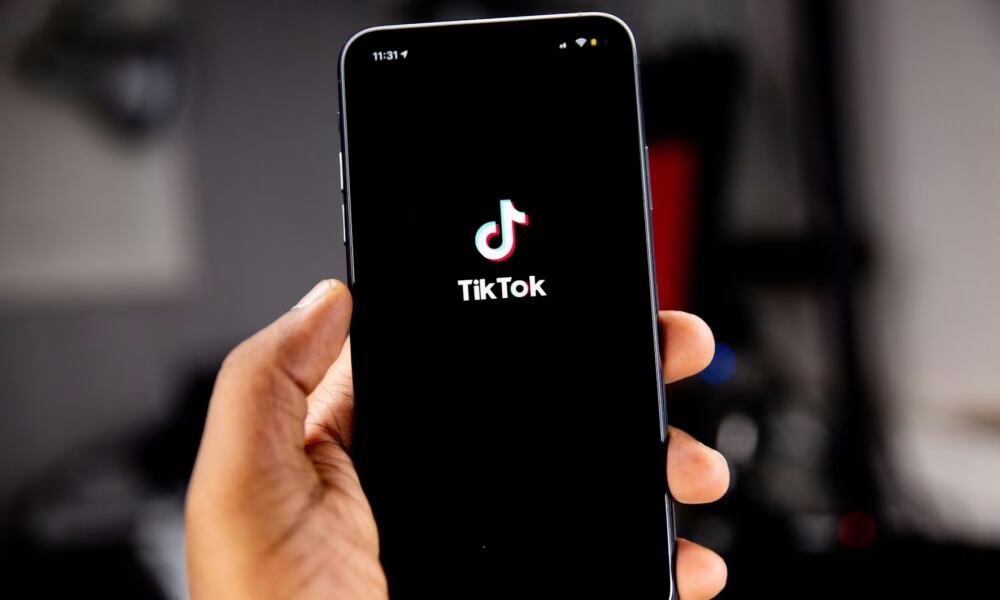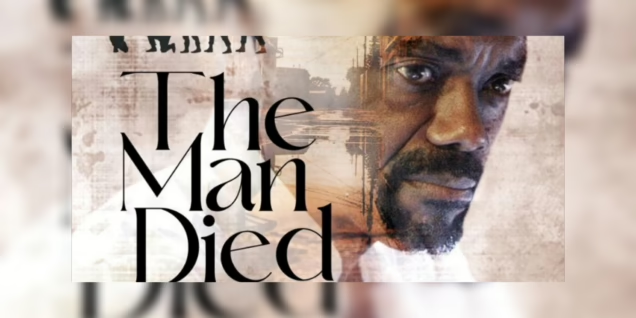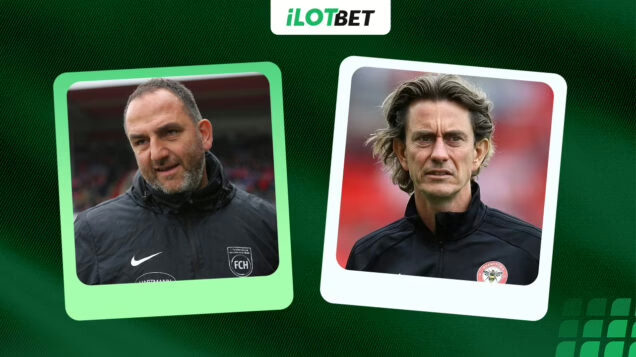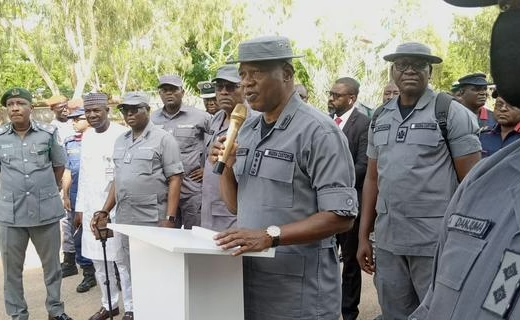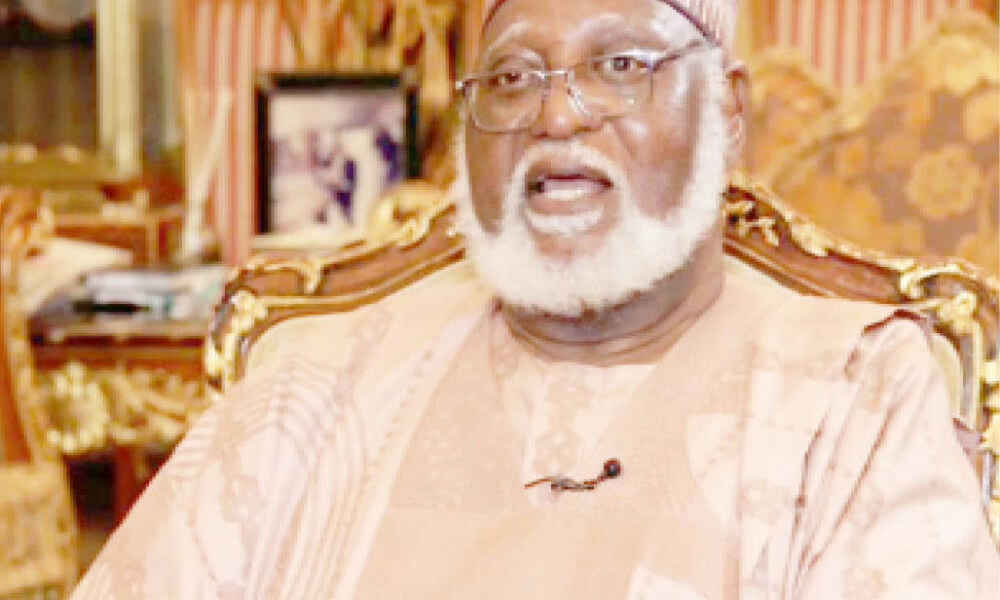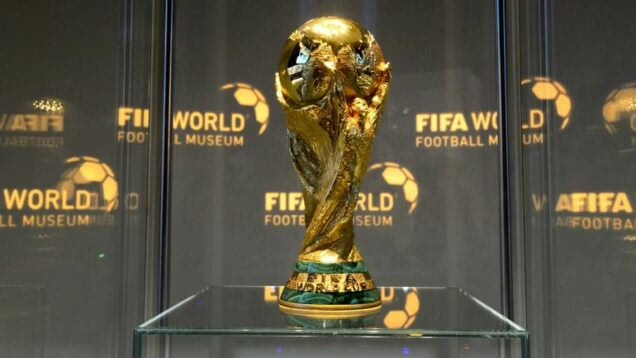By Henry Akubuiro
Barrister Uche Okwukwu, former Ohaneze Ndigbo General Secretary, has become a rallying point in Igbo socio-political affairs. At a time when infighting among Igbo groups have raged on, he has continued to be a unifier through advocacy. In this interview with Daily Sun, the Rivers indigene affirmed that his Ikwerre people have no historical and cultural affinity with Bini, contrary to misguided impression by a few. Rather, they share a timeless bond with Igboland and are, thus, bonafide Igbo. He adduced cultural and historical facts to buttress his argument.
You are Ikwerre, from Elele in Rivers State and a prominent Ohaneze Ndigbo member. Let’s revisit the fourth anniversary of the Alaigbo Development Foundation (ADF) lecture you presented as then Secretary-General of Ohaneze Ndigbo worldwide in April, 2018. You addressed the socio-political problems in Ikwerre land, which made them struggle for political leadership until recently. Can you refresh our memories of that pan-Igbo speech?
Yes, I noted that It took the Ikwerres several years to rule Rivers State, and, going by its current composition, the Igbo-speaking part of the state constitutes over 72 percent of the voting population. Even with their population advantage, I said in that lecture that the Ikwerres have to organise themselves properly. It is not numbers that matter, but organisation and strategy. I told them that “It was this organisation and strategy that the Alaigbo Foundation and Ohaneze must work out for Ndigbo.” Generally, Igbos should collaborate more; Ndigbo need not go far in search of strategic partners. We should look around and embrace our Ibibio, Anang, and Efik neighbours for a strategic bonding, which I believe will yield immense socio-economic and political benefits for the people of the region. The biggest confidants Igbos have are the Ibibio, Anang and Efik; and we should embrace them.
When we were in trouble, they never abandoned us. Before the creation of Nigeria, we all mingled and intermarried frequently. So, before the Igbo go across the Niger or Benue for the proverbial handshake of friendship, they should first relate with these good neighbours of theirs. If we are at peace with our neighbours, outsiders can not oppress us.
Ndigbo should also seek partnerships with other ethnic groups in the former Eastern Region, because the target was not only those who speak Igbo but to destroy the unity of the region. I told them the story of the Amayanabo of Kalabari, who was sent into exile by the then military governor of River State, Diette Spiff, for supporting Biafra. He died in exile in 1973 and was buried at the Ikoyi Cemetery, Lagos. but that up till now, his remains were yet to be brought back to his ancestral land for befitting burial.
After the civil war, the biggest abandoned property did not belong to an Igbo but to an ljaw man, Frank Opigo, then owner of the largest secondary school in Port Harcourt.
You also mentioned that some indigenous Igbo names were changed in controversial circumstances…
You are correct. There are many Igbo-speaking families with changed names before and after the war. For example, the family name of the late Marshal Harry was Ibeneme; Alabo Graham-Douglas was Nwokoma and Asari Dokubo was Edi Abali. In those days, if you said you were Igbo, you would get maltreated or killed. Even Abraham denied his wife when his life was in danger. I have decided to go into that historical trajectory to remind the Igbo of the need to go into strategic bonding with their neighbours in the former Eastern Region to be able to engage Nigeria successfully in political power projection.
One of the sore issues in Igboland is the identity crisis rocking your Ikwerre people. A school of thought said Ikwerre migrated from Bini while others say they are authentic Igbo. What’s your position?
I have never hidden my position on this unfortunate and sore subject. I stand for nothing but the truth. Some of our people who deny being Igbo do so for political expediency in a post-civil war Nigeria. Nyesom Wike in a live television programme denied being Igbo, but another prominent Ikwerre indigene from his area, Chibuike Amaechi, said categorically he is Igbo. I have addressed this issue elaborately in a newspaper article where I pointed out that Wike wasn’t being truthful to his heritage and history because of politics. All these things are happening because of what happened during the Civil War and how it ended in a defeat. This is why we must resolve all outstanding issues occasioned by the military-inspired partitioning of Ikwerre land as war booty. I can say that without contradiction, Ikwerre are Igbo and Ikwerre land is important to the Igbos. In geo-strategic terms, Ikwerre land is the tongue of the Igbo race to the sea. We are aware that there are plans to landlock the Igbo nation. My brother and personal friend, Nyesom Wike, has since stopped saying that he is not igbo. He should not be a crusader for such evil plans, because it will be resisted. All legitimate, moral and spiritual means available to Ndigbo would be used to resist the excision of Ikwerre from the larger Igboland”.
But is there any iota of merit that the Ikwerre have Bini roots?
The Binis have no cultural or historical link with Ikwerres. We worship different gods, speak different languages, have different names and market days with different monarchical structures. Our kingship is not from father to son like the Binis. Our kingship is based on gerontocracy, where the oldest person assumes leadership, as in Igbo land. What brought us together was the 1914 amalgamation. And, most importantly, there is no pre-colonial record anywhere in the world, which shows that Ikwerre migrated from Benin, not one. The post-war purported claim that Ikwerres are Binis is parasitic, defeatist, self-hate and most unfortunate.
There is nothing in our heritage that should make us ashamed. Igbos are hardworking, intelligent and enterprising people. Yes, people’s properties were seized after the defeat of the civil war and their finances confiscated with everyone given only 20 pounds regardless of how many thousands or millions that were in the bank account. Yet, five decades later, we grew through collective self-help and the blessings of the Almighty to recover all and excel in the academic, financial and business spaces of Africa. Today, Igboland has the highest number of billionaires in Nigeria. In that period, an Igbo son, Philip Emeagwali, developed the world’s fastest computing system; Chinua Achebe’s book Things Fall Apart was rated as one of the ten most read books on earth; Barth Nnaji was acclaimed one of the world›s foremost robotic engineers; in just nine years after the end of the civil war in 1979, Alex Ekwueme became the Vice president of Nigeria; the first Black African General of the US army, Amanda Azubuike, and the first Black African Captain of the US Navy›s Guided Missile Destroyer, Kelechi Ndukwe, are both Igbos, etc.
Our children continue to be recognised worldwide for academic excellence and positive contributions to human progress. So, we have every reason to be proud of who we are and to celebrate our heritage, which no post-civil war politician can take away from us.
Recently, one Okachikwu Dibia resuscitated the Ikwerre-Bini debate when he said the Ikwerres are not Igbos. He was reacting to an earlier assertion by the current President-general of Ohaneze Ndigbo worldwide, Chief Emmanuel Iwuanyanwu, at an event that Ikwerres were Igbos. Dibia, the leader of the group, Iwhnurohna Progressive Organisation, said the Ikwerres were Bini people.
As an Ikwerre man, I know we have the Ogbakor Ikwerre. We have the Ikwerre Development Organisation. We don’t have anything called Iwhnurohna Progressive Organization. As I said, the man wanted to become popular by issuing a statement challenging Iwuanyanwu. The claim that Ikwerre people left Benin under the reign of Oba Ewuare is fiction and false. Oba Ewuare came to power in the Benin Kingdom in 1430 AD. That was many years after the Portuguese had visited Isiokpo in Ikwerre land in 1400 and met people there, who identified as Ikwerres, with Igbo names and Igbo speaking. Assuming, without conceding that the Ikwerre people came from Benin, it then means that the people who came from Benin met people here in (Ikwerreland). The people had been here when the Portuguese came. Therefore, this Bini claim makes them foreigners to the aborigines of Ikwereland. This post civil-war political narrative has negative and ominous implications. Besides, why is it that the ancestors who they claim came from Benin all have Igbo names: Elechi, Akalaka, Ochichi, instead of Bini names?
Let’s look at the book, I Remain Sir Your Obedient Servant, written by the late Oba of Benin, Omo N’ Oba Akpolokpolo, Oba Erediauwa, who served as an Assistant District Commissioner (in the former Eastern Region) between 1954 and 1964 in his book, published in 2004.
The Beni king, N’ Oba Erediuwa himself, acknowledged in the book that the Ikwerre and Etche are Igbo. During the British Colonial government initiated Henry Willink’s Commission in 1957, Ikwerre leaders categorically stated their position that “from Port Harcourt to Onitsha is Igbo land.” When Willink published his report in April 1958, he made it clear that the Ikwerres were Igbos.
I have reminded Dibia that Ikwerre sons, who are better known and more illustrious than him, had clearly and proudly asserted throughout history that they were or are Igbos. I pointed at Chubuike Amaechi; Emmanuel Aguma, the first Ikwerre principal of the famous Saint John’s College, Diobu, and first provost of the Rivers College of Education; Okogbule Wonodi, first Ikwerre poet and one-time registrar of the University of Port Harcourt; Dr. Obi Wali, the first Ph.D. holder in Ikwerre land; Francis Ellah, etc. I have said it before now, Ikwerre will never accept their exercise from their kits and kins in Igboland.
Can we say the Ikwerre or indeed their brothers in the rest of Igboland are seeing the last of this controversy?
Yes, I hope so. There is an urgent need to bring every Igbo under one big umbrella. Fortunately, as the Ohaneze Constitution dictates, by January 2025, it will be the turn of Rivers State to produce the next president-general of Ohaneze Ndigbo. Pundits are saying once that happens, it will put an end to the debate since it will be most illogical for any Ikwerre man or woman to deny being Igbo when the leadership of the apex Igbo socio-cultural body and the head of the Igbo people worldwide is domiciled right in their homestead. I have consistently committed myself to addressing this one major existential issue confronting the Igbo race, and I need everybody’s support.


